In some ways Moonlighter reminds me a lot of my daily job. Doing it in a way that’s devoid of any of the constant pressure associated with it. The simplistic nature of this game, the lack of ‘hard to grasp’ depth or the need to invest hundreds of hours in learning all it’s intricacies contrasts a lot with its real-life counterpart. I’ve always wanted a retail/supermarket managing sim, and I’ve always imagined it would come with complex mechanics: market fluctuations, chronological progression, seasonal changes, HR management and all kinds of complicated stuff. Moonlighter has none of that, and that’s why I love it. Because it boils down to the very basics what I do in a day to day basis (minus the nightly killing of monsters. Silly you, that is done by the new employees, but of course!).
For those of you that don’t know me (which is pretty much everyone reading this), I’ve started my professional life in food retail as a weekend part time cashier while I was studying and went all the way up the ladder until I reached the corporate headquarters after finishing my master’s degree in journalism. I’ve been fortunate enough to get myself a well-paying job and to meet some of the best international corporate and operational managers and learn from them. For a year I’ve been groomed for leadership, both in a corporate setting and both in the operational areas of management (that’s slang for store management and distribution centre management)
Overseeing a couple of stores or several dozens of stores and overseeing millions worth of your countries currency is fun and exciting but it’s also an extremely demanding job. Shifts are long, and your scheduling is unpredictable. You have daily objectives to meet, teams too coordinate, decisions to take. At the same time, you must research the market and source for new products with tens of suppliers. You need to manage stocks; costumer service; health, hygiene and procedures; plan promotional and seasonal campaigns; change layouts; product placement; deal with costumer complaints; study your competition; study innovation; be aware of market prices of your products; write reports… and the list goes on and on and on.
Everything you see when you enter a large commercial space had to be done by someone. Make no mistake, retail is still very much a people’s business, no matter the amount of technology we work with. Yeah sure that algorithms are great for forecasting sales and planning different sales and marketing strategie. They’re also good for stock controlling too, but an excel sheet won’t be able to suddenly grow arms and legs and unload a full truck of euro pallets and start to put together that Super Mario made of beer you find so funny. Whenever you enter a supermarket and see a big, impressive, good looking shop filled with goods for you to serve at your own’s wallet discretion during a special holiday. Unless you work in retail management, you have no idea the amount of coordination, planning and resources it takes to put that together.
In Moonlighter, all this nitty gritty (which is what makes the business work and be profitable)- that we tend to crave so much in other games- in a never-ending demand for more complexity and realism goes out of the window in favour of a romanticized, condensed, light hearted, colourful and simplistic version of real life business.
Instead of sourcing new products and dealing with suppliers, having to account for price, margins, transportations, HR costs and all that you just go into a dungeon and spend 20 minutes slashing and whacking away at cool looking monsters that shower you in loot. You bring a sack full of useless shit that never go foul and if you don’t manage to sell it, you can just dump it out ever without losing any money.
Market research is as simple as having an up or down arrow to represent demand and you can then price it accordingly to your supply of said product with a mix of common RPG pricing.

Dealing with costumers is the best in Moonlighter. Unlike what some of you might tell you, this is the most important part of doing business: Understand what your customers want and how much they are willing to pay for it. If you nail that down, and mind you that’s a continuous process, your business is sure to succeed. Moonlighter let’s you do this in the most simplistic fashion, but true to its real-life counterpart. Costumers peruse your shop looking for wares to get. But instead of you having a fixed assortment, they just get what it is available. There’s nothing more hilarious than seeing an old woman buy 7 pair of lenses and coming back later to get herself a bow and arrow. Their feedback is instantaneous, upon looking up an article and their price they will react with one of four emotions. Extremely Happy, Happy, Not Amused But Will Buy It or Really Not Amuse, Keep This To Yourself You Stealing Bastard! This makes taking decisions on pricing immediate. A dream come true for any retail analyst or manager.
You may be aware by now, that store operations are extremely complicated affairs.
The game has some neat features like market flooding and being able to buy wholesale from a supplier and from the looks of it, it also has a banker and some other building I have yet to unlock and I cannot wait to see what they have in-store (pun intended) for me. What I truly found hilarious is how you can equip a discount box for you to dump all kind of crap you have cluttering your stocks.
But I guess that’s the great thing about videogames and their need for abstraction. While flight simulators make you interact with an physical object that remains, for the most part, unchanged and has limited behavioural patterns and interacts with the world in a certain, consistent way. That let’s you isolate and recreate it’s reality with some sort of authenticity. The same goes for tank sims, for driving sims and for a lot of other types of sims one sees peeking at every corner now.
When it comes to video games that have you interact mostly with human emotions- extremely different, unpredictable, uncertain and unforeseeable pattern behaviours- concessions need to happen somewhere. It’s then that it loses a lot of reliability and must simplify reality to some point. This occurs even with the most complex management games. It’s easy to abstract something as complicated as costumer happiness into a scale, but that implies some sort of constant behaviour still. Something most humans are not known for.

This is what always annoyed me when games try to simulate human emotions and moral in the same ways to the point that “moral” becomes a timer to a “game over” or “battle lost” screen. Abstract moral is usually found in grand scale strategy games and I think these have something to learn from the likes of Close Combat and Darkest Dungeon. Games that display human emotion in the context of a reaction to conflict and not as a glorified health bar.
Close Combat has it’s tiny 2D man at arms react to the kind of situation they’ve found themselves in: Are they firing at me? Well I’m going to duck because I don’t want to get pelted with bullets. But those reactions change mid battle as the situation evolves.

Darkest Dungeon does it even better and with a lot of personality. Human conflict is taxing, even more so against mighty beasts from beyond. You have an insanity meter that goes up and down according to actions you take. Did you just got tentacle slapped by a man-eating squid in robes? Your insanity meter goes up. Are you in a dark room full of monsters? It goes up. Did your party member just got poisoned by mutant shrooms? Up. What happens when you strike the killing blow out of nowhere against an annoying enemy? Your insanity meter goes down. A critical strike out of nowhere brings new hope into your party.
You might be thinking that we are getting out of topic but let me finish and wrap this article up for you with the following idea: Dealing with people is complicated, and no matter how hard games try, their abstract nature will always make this very difficult to simulate, no matter how many variables you have and how complex your equations may be. I’ve read somewhere a couple of years ago that games are great at simulating physical interactions, and that’s more actual than ever. Management is, above everything, learning on how to deal with your fellow being. To lead a business is to lead people. It’s not about balancing more bars on the green instead of on the red.
I can’t help but find it funny to be enjoying Moonlighter while playing with a friend from work.

That being said: Moonlighter, despite its simplicity, ingenuous shop designs and shortcomings still manages to be the supermarket simulator I’ve always wanted and never knew I did.
Follow Strategy and Wargaming Socials
If you enjoy Strategy and Wargaming, then you need to follow its socials. Are we the best strategy gaming website around? I would say so. Heck, what other options do you have? The Wargamer? Please.
So why not give us a follow on the cesspool that is Twitter, or join the 1000 other geriatric patients on Facebook? Or subscribe down below? Or maybe do everything? I don’t care, I’m not your grandmother.
If you enjoyed the article, consider buying me a coffee!
I’ve been running Strategy and Wargaming at my own expense since 2017, with only the ad revenue to cover the hosting, with everything else being done by me. So, if you’re an avid reader, you can afford it, and want to support the website, please consider Buying Me a Coffee by clicking this link, for as low as one euro! If you do, just know that you’re helping out a lot and contributing so that Strategy and Wargaming can continue growing!


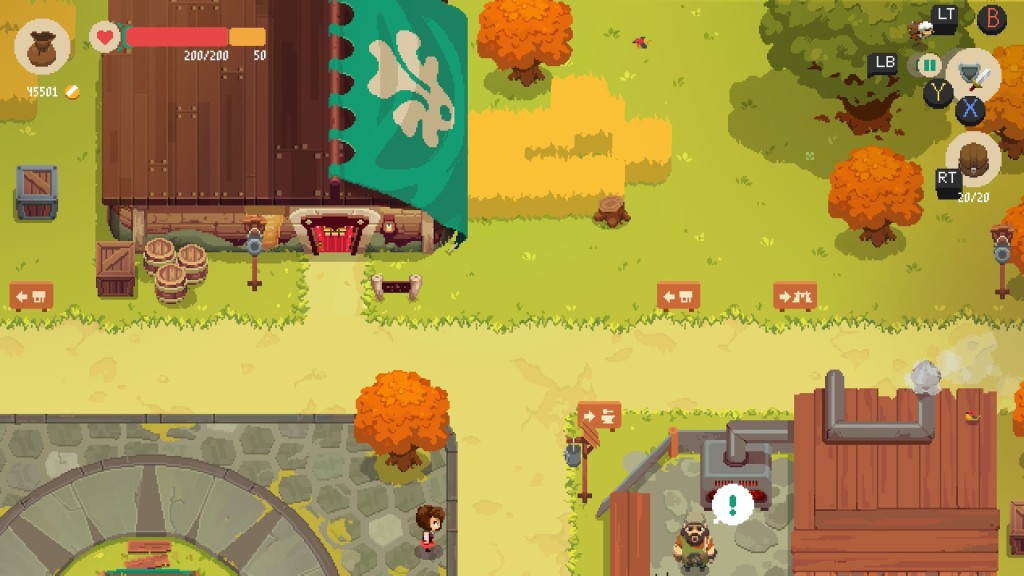
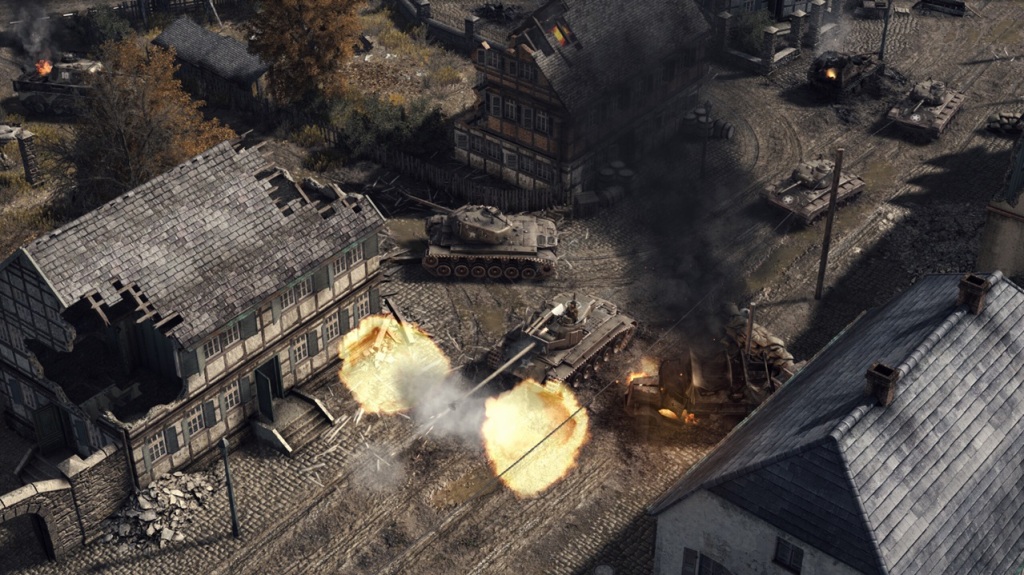
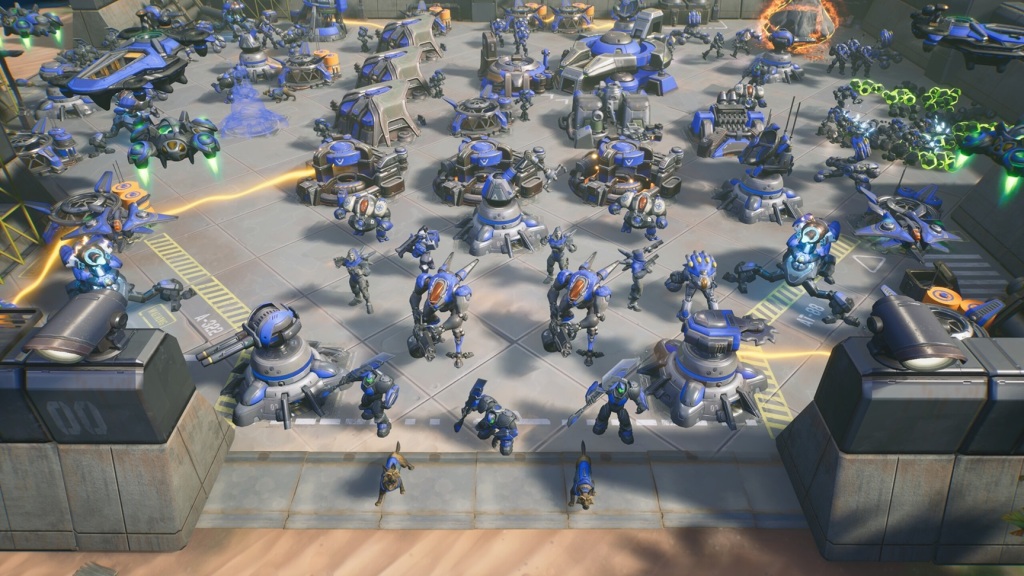
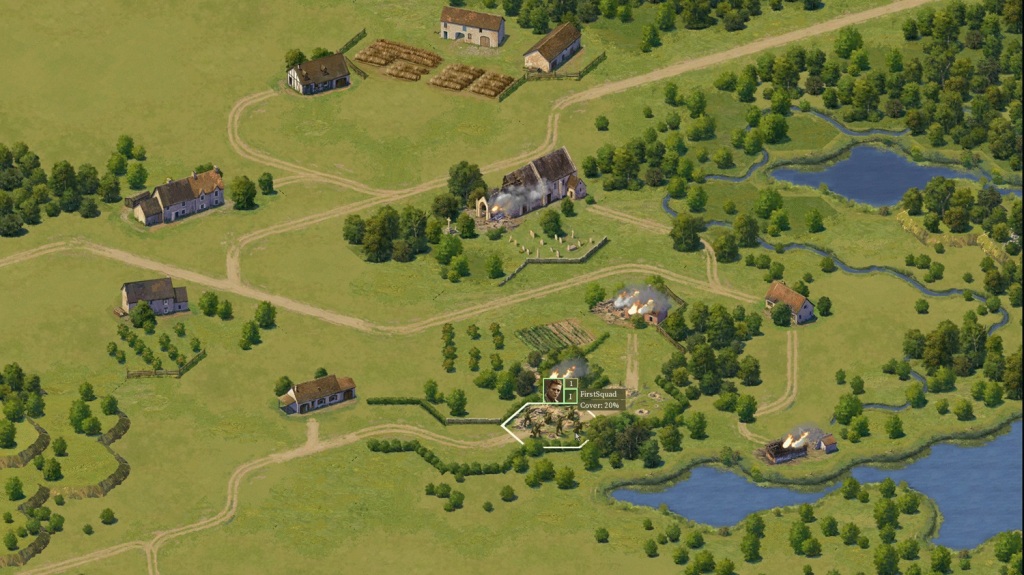
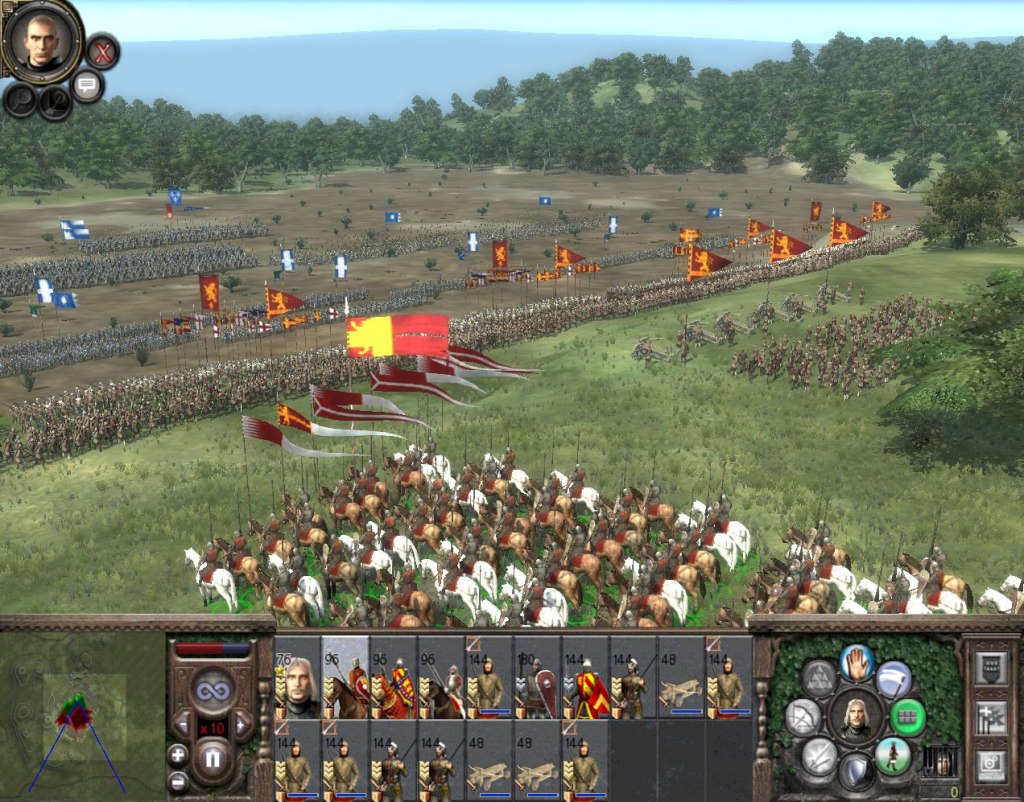
Leave a comment